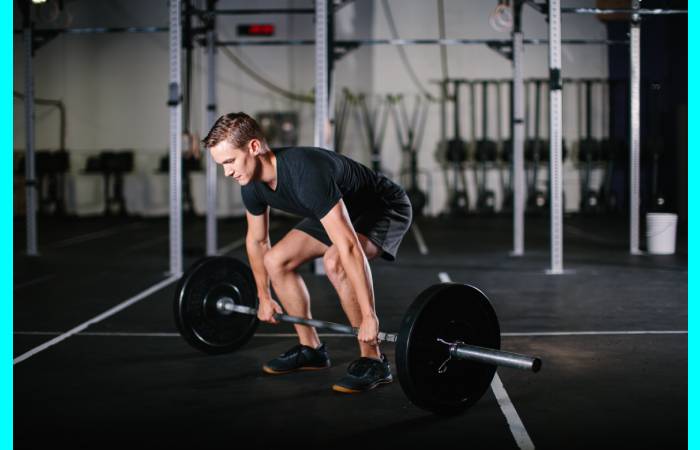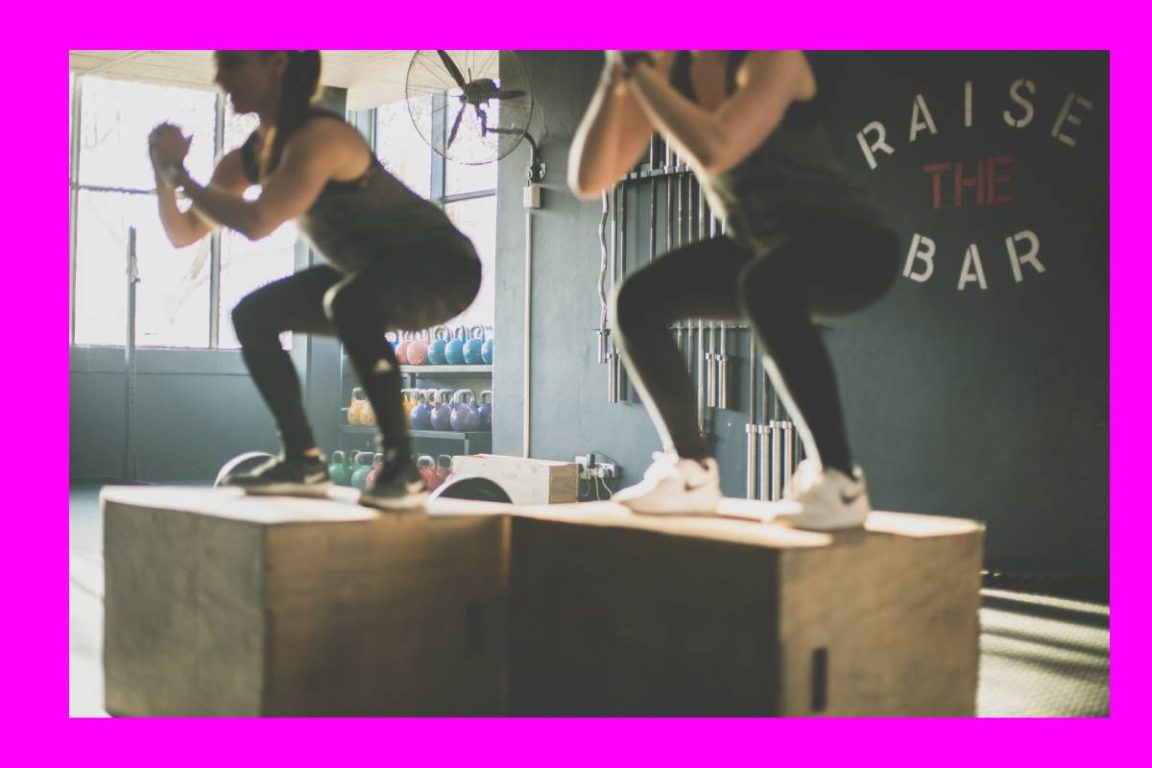About
Squats Benefits – Squats are great because they help sculpt thighs, hips, and glute muscles. They also strengthen the gastrointestinal tract and lower back.
To make your workout more efficient. Need to squat every day. So long as you include other kinds of exercises in your routine. Which can work for different muscle groups each week. Otherwise, you will overwork one group of muscles to exclude others.
Your muscles will adapt to your body weight. Your quadriceps, hamstrings, calves, shin bones, femur, and knee will get used to these new forms of exercise.
What Are Factors Of Squats Benefits Are Helpful To Our Body?

Squats have the following benefits; each benefit is determined by each set’s sets, weight, and difficulty.
Flexibility
If you can use the full range of motion on each rep, your flexibility in your hips, ankles, and knees will increase. When you do this for years, you can maintain the flexibility you’ve always had. Conversely, if you don’t use your flexibility, you lose your flexibility.
Strength
Strength is our ability to recruit many muscles to complete a task and activate each power to a higher degree with training/practice. Squats will add concentric strength to your quadriceps, hamstrings, and glutes. Squats will also give your upper back and lower back isometric strength, depending on the variation. This will allow you to maintain posture during the movement. Those muscles will need to work to keep you upright.
Hypertrophy
Your muscles will begin to grow depending on the volume(sets*reps*weight). As a beginner, lower volumes will cause growth. As you become more advanced, your muscles will need more volume to grow. This can come from an increase in your muscle’s capacity to store carbohydrates(think of this as your body’s fuel) or an actual growth in the size of each force.
Tone
As you get more experience, you will notice more muscle tone. For example, squats will tone your legs and glutes(butt). This comes from becoming leaner over time and your body’s “readiness” to exercise. This readiness is your body preparing you to be able to squat.
Cardiovascular
Although it is not always recommended, you can use squats for cardiovascular benefit. Higher rep sets will challenge your circulatory system. That system, which pumps oxygenated blood to a working muscle, will be challenged because you have so many muscles in your legs working. Think Crossfit style activities. This burns many calories but can be challenging to hold safe form.
Efficiency
You can train a significant part of your leg muscles with one exercise. A squat is a good choice if you have limited time to prepare. Also, you can use a micro load on the bar. This will allow you to make smaller jumps in weight than a lunge or single-leg exercise.
What Are The Benefits Of Air Squats?
Squats and other bodyweight exercises are excellent for:
- Developing essential strength and muscle.
- Learning proper form and movement patterns for future weight training.
- Using in a metabolic conditioning workout for high reps at a faster pace.
- Squats, in particular, can be done in various ways (body weight or weighted), which help support squat strength when you move to heavier weights.
- Basic air squats
- Box squats
- Unilateral split squats
- Overhead squats
- Pistol squats
- Goblet squats (with a single weight held in front)
- Squats are a basic human movement pattern. Performing functional movement with good form benefits your joints, muscles, ligaments, bones, and posture.
Children are excellent squatters, but most adults forget how if they do not practice. Yet, we do it every day. Every time you sit down without leaning on something, you’re squatting. Whether you are doing, it well is a different matter.
Conclusion
Squats are a basic foundation of strength and stamina. More squats equal more energy, stronger joints, more muscular connective tissue, and better joint stability.

